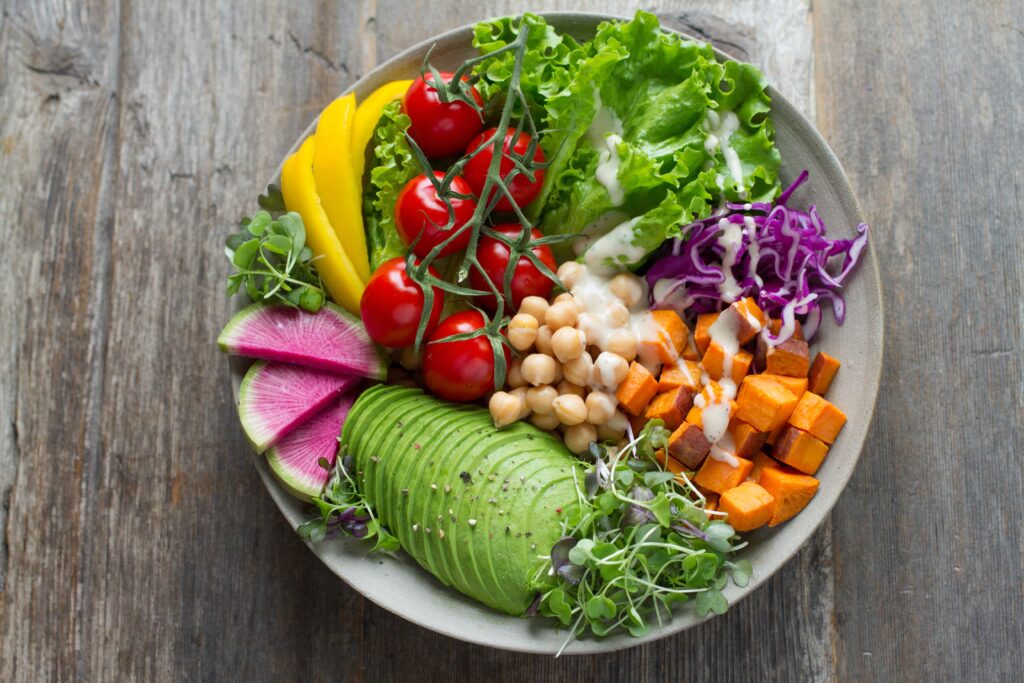Understanding the role of B12 in Anemia
Are you wondering how to use B12 in Anemia recovery? Feeling perpetually tired? Experiencing persistent fatigue that just won’t let up? It might be more than just a lack of sleep.
Anemia, marked by a shortage of red blood cells or hemoglobin, can be a real energy zapper.B12 anemia is a lesser-known but equally impactful player in the fatigue game. Unlike its iron-deficient counterpart, B12 anemia isn’t just about running low on iron. It’s about the body’s struggle to absorb and use vitamin B12 effectively, a nutrient that’s crucial for the production of red blood cells
How B12 in Anemia Differs from Iron-Deficient Anemia
Let’s clear up the confusion. While iron-deficient anemia is all about not having enough iron for hemoglobin production, B12 anemia is like a backstage pass to the intricate world of nutrient absorption. Research papers on PubMed have dived into the biochemistry of it all, highlighting the unique challenges posed by B12 anemia.
Recovery Strategies: Bringing Back the Bounce in Your Step
Enough with the gloom and doom. Let’s talk recovery. If B12 anemia is the villain in your energy saga, consider B12-rich foods your superhero squad. Vitamin B12, also known as cobalamin, is a water-soluble vitamin that plays a pivotal role in several bodily functions. From aiding in the production of red blood cells to supporting neurological health, B12 is a powerhouse nutrient essential for our overall well-being.
Dietary Sources of B12: A Feast for Your Cells
Meat and Fish:
Beef, chicken, fish, and other animal products are rich sources of B12, providing readily absorbable forms of this vital nutrient.


Dairy and Eggs:
Milk, cheese, and eggs are excellent sources for individuals who include animal products in their diet.
Fortified Foods:
Some plant-based foods are fortified with B12, including certain cereals, plant-based milk alternatives, and nutritional yeast.

While these sources cater to a broad spectrum of dietary preferences, what about individuals following strict vegetarian or vegan diets, or those with absorption challenges?
The Challenge of Dietary Restrictions and Absorption Issues
Vegetarian and Vegan Diets:
Individuals adhering to strict vegetarian or vegan diets may struggle to meet their B12 needs through food alone, as plant-based sources are limited.


Gastrointestinal Issues:
Conditions such as atrophic gastritis, celiac disease, or pernicious anemia can hinder the body’s ability to absorb B12 effectively, even if it is present in the diet.
Aging Process:
As we age, our bodies may become less efficient at absorbing B12, making supplementation a consideration for older individuals.

When to Consider Supplementation for B12 in Anemia Recovery
Forms of B12 Supplements: Methylcobalamin and cyanocobalamin are common forms of B12 supplements. Consult with a healthcare professional to determine the most suitable form for your needs.
Dosage Recommendations: The appropriate dosage varies based on individual health conditions and dietary patterns. A healthcare provider can guide you on the right amount for your situation.

Remember, while B12 supplementation can be beneficial, it’s essential to approach it with knowledge and guidance. Before embarking on any supplementation regimen, consult with a healthcare professional to ensure it aligns with your health goals and needs.
In the journey to nourishing our bodies, understanding the nuances of vital nutrients like B12 empowers us to make informed choices. Whether through dietary adjustments or supplementation, unlocking the potential of B12 can be a key step towards a vibrant, energized life.
If you need more support or personalized nutrition to help achieve your health goals, book a free 15 minutes initial call with our friendly nutritional therapist.

